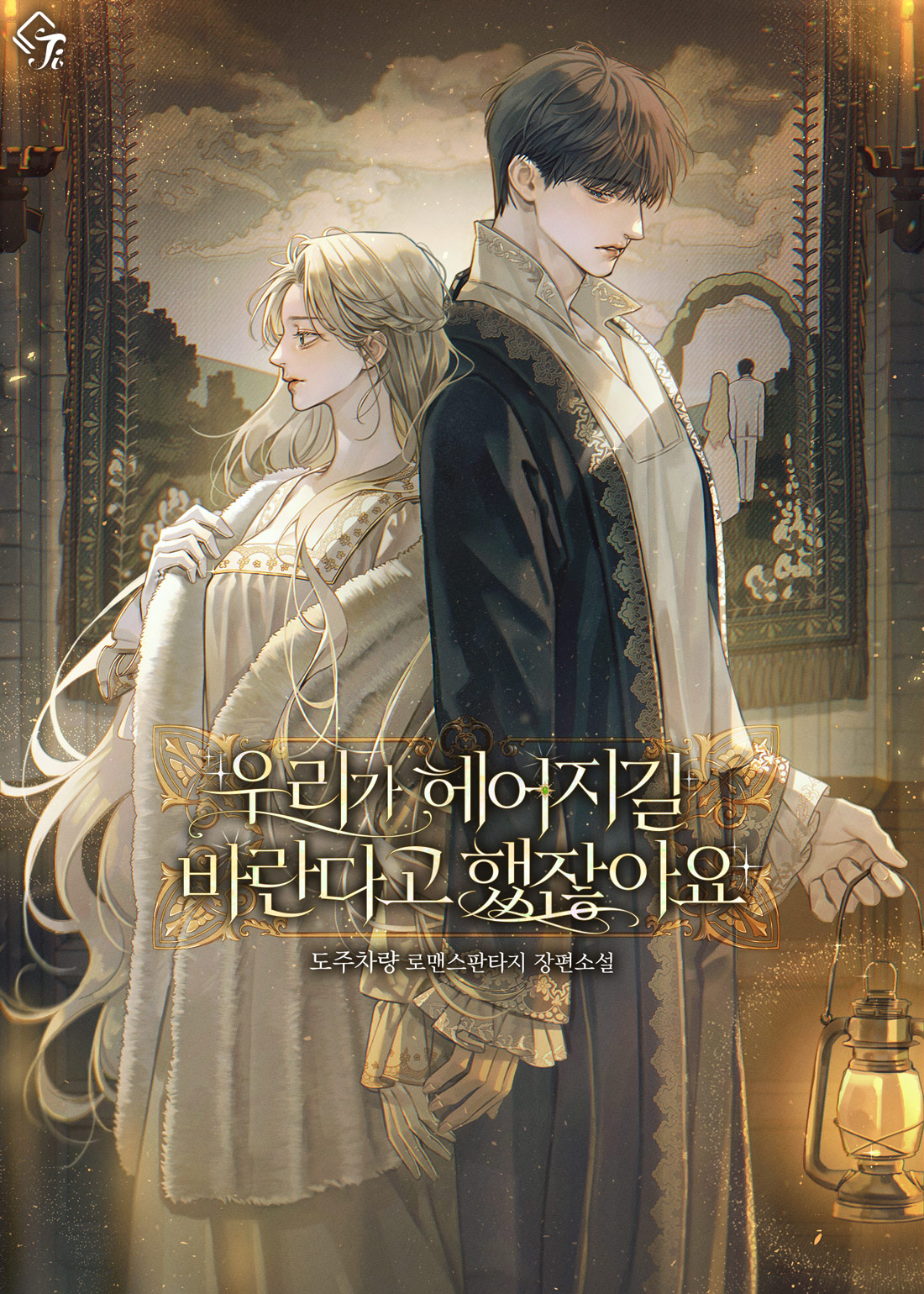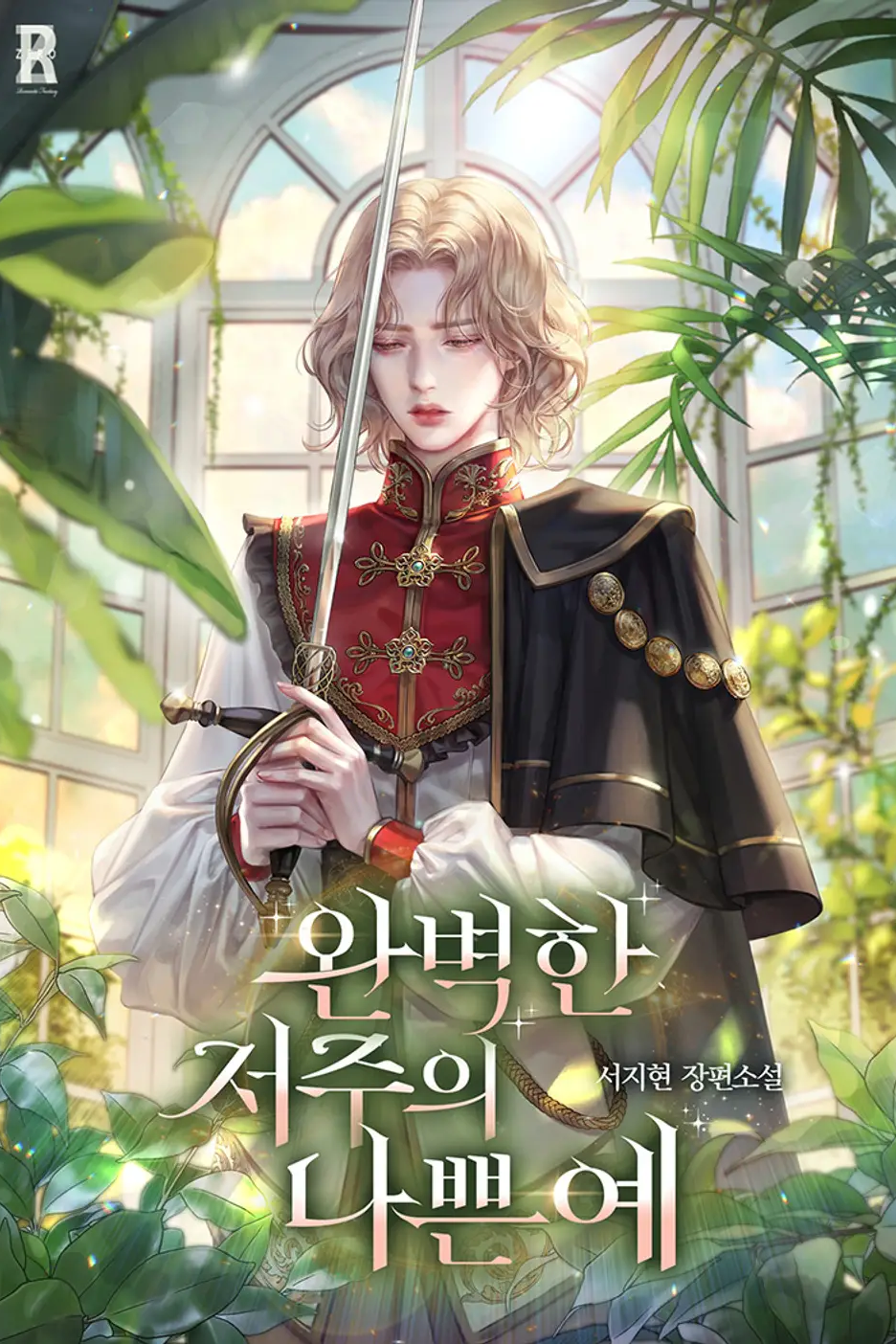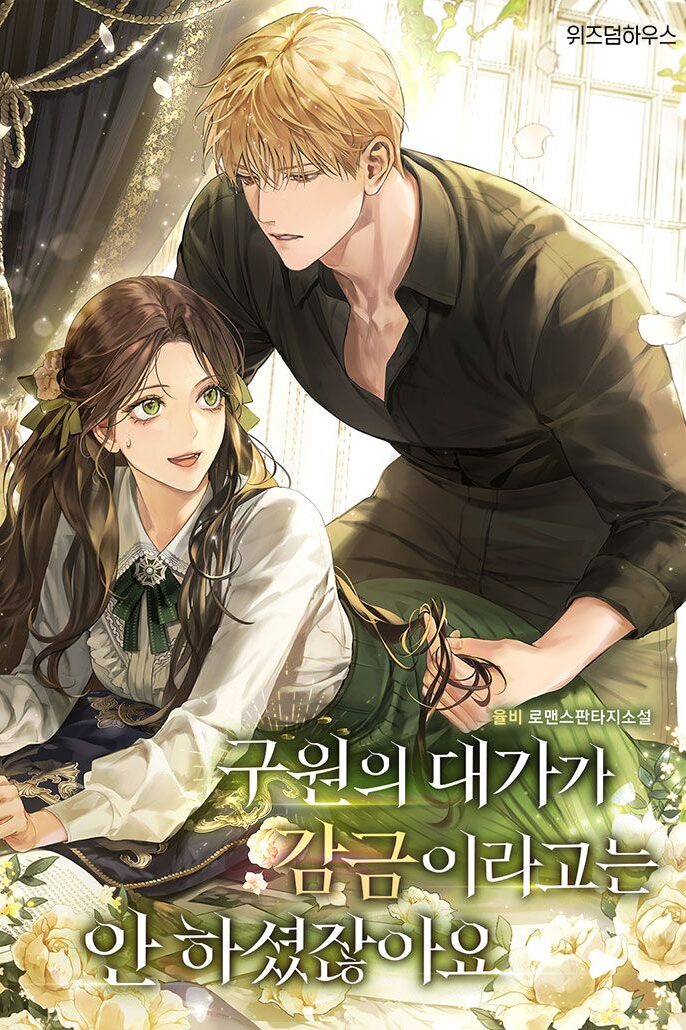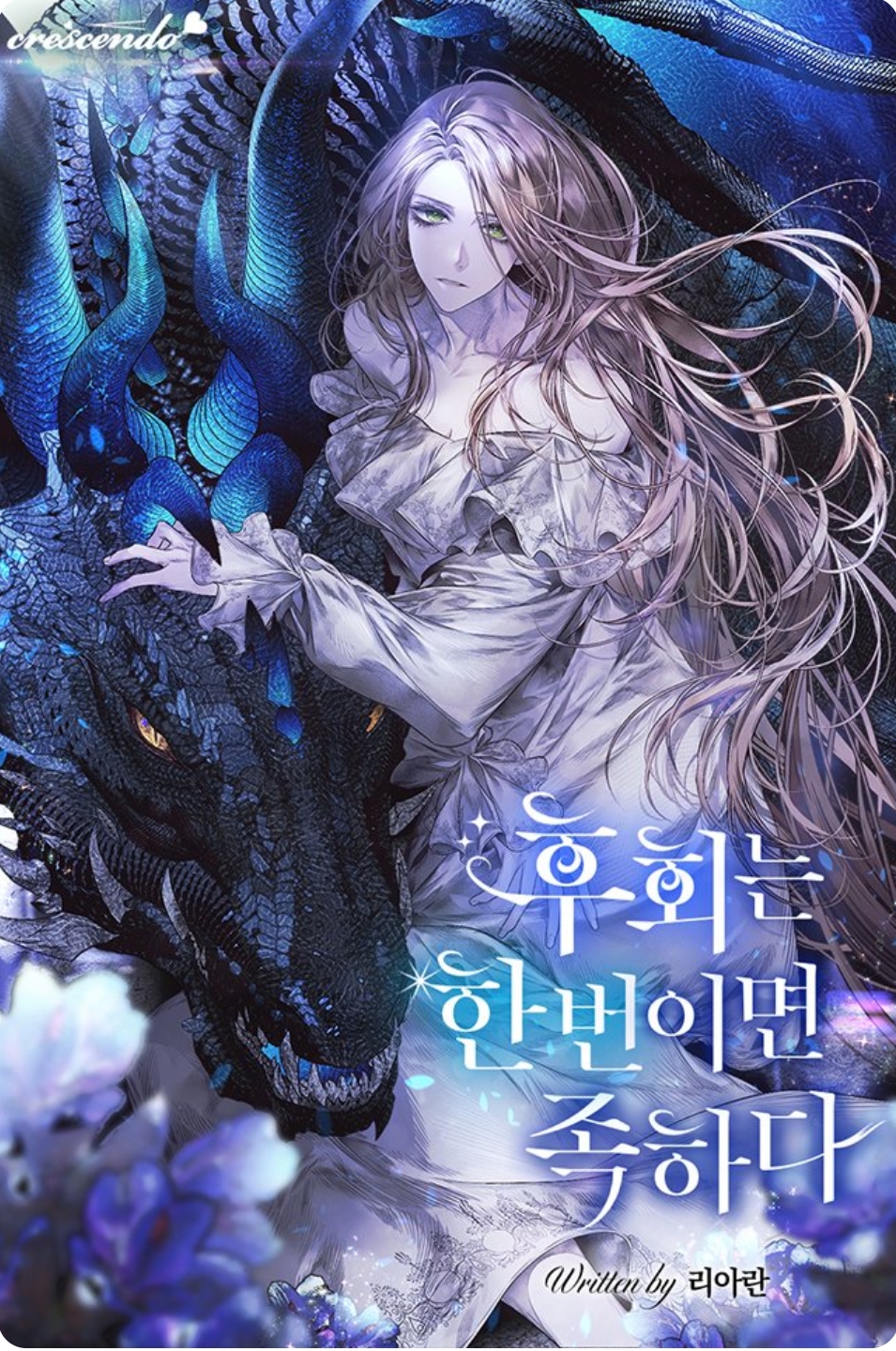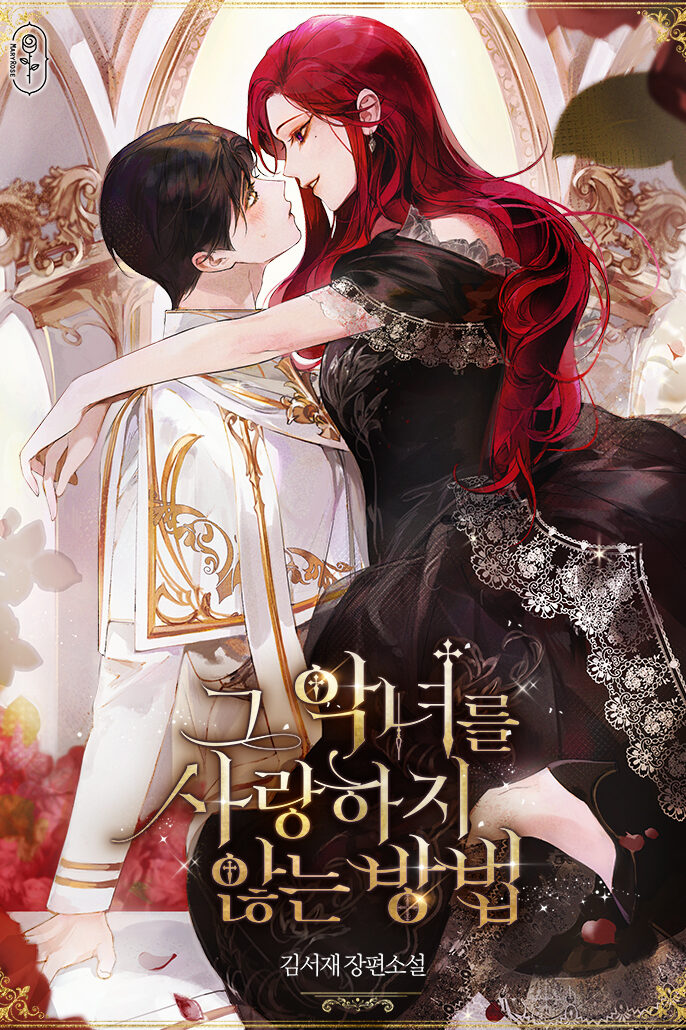Chapter 19
“Isn’t that right, Count Linton?”
There was no way Edgar would know what Cecilia’s birth flower was.
“All flowers are beautiful, Lady Isla,” he deflected with a polite smile.
“But her birthday was just a little while ago. You must have given her a bouquet of her birth flower, right?”
“Isla.”
Countess Rosette dabbed at her perfectly clean lips with a napkin as she spoke.
“Even if she did receive something like that, it would be Cecilia’s treasure. Didn’t I tell you it’s impolite to demand a look at something so personal?”
Just as she intended, the guests responded with playful teasing.
“Newlyweds, of course! Let us see it too!”
Someone called out, laughter echoing.
Edgar’s face briefly twisted in irritation.
It was gone in an instant—replaced with a smooth smile—but sitting right next to him, I saw it clearly.
The good-natured teasing continued.
“The count was so busy we agreed to skip birthday celebrations this year.”
I was annoyed. Rosette and Isla had skillfully steered the atmosphere in their favor—and it was too late to undo it.
Seeing Edgar remain silent, I decided to step in.
“But I heard a rumor, sister,” I said lightly. “That the Count secretly ordered a grand bouquet of lilies of the valley. Maybe he’s just too shy to admit it?”
Isla clapped her hands together, wide-eyed with feigned innocence.
“I bet it’s even bigger and more beautiful than the one Miss Elodie’s wearing as a brooch.”
The moment Isla’s barbed words left her mouth, Elodie’s song stopped short.
I turned. Elodie had gone pale, and was instinctively raising her hand to hide the brooch.
It had the opposite effect. Now everyone was staring directly at it.
Under the candlelight, the silver brooch sparkled even more.
Beneath the table, the veins in Edgar’s forearm stood out—tight, strained.
“It might not be a birth flower,” I said calmly, “but I received something else instead.”
I lifted the necklace.
“Oh my.”
A murmur of awe passed through the guests.
The emerald glistened—larger and more radiant than Elodie’s brooch.
“Of course,” said Ricardo, cutting in.
His low voice had a knack for drawing all attention.
“Count Linton isn’t the type to fuss over some wilting flower. If I may show off some useless knowledge—emerald is May’s birthstone.”
“How romantic,” Margaret sighed in a theatrical falsetto.
“Well, we people of standing prefer jewels to flowers, don’t we? They’re prettier—and they last.”
Isla bit her lip, trying to speak, but Countess Rosette gently nudged her in the ribs to hush her.
“And a necklace passed down from a mother-in-law to her daughter-in-law carries special meaning,” Margaret added. “What could be more perfect for a first birthday after marriage?”
The guests all agreed.
The curious stares that had been fixed on Elodie now turned to me.
“That necklace is stunning.”
“Such a large emerald!”
“I imagine the late Countess Linton would’ve loved to gift it to you herself, had she lived to see the day.”
Still watching Elodie, Edgar forced a smile.
“My mother was very fond of Cecilia when she was alive.”
But the veins in his arm never relaxed.
Elodie resumed singing, but now her voice carried a strange sorrow—a fragile, aching tone that hadn’t been there before.
The awkwardness passed quickly.
These people were experts at pretending not to notice anything uncomfortable.
The bittersweet melody drifted across the hall—then suddenly stopped.
At this rate, Edgar’s nerves weren’t going to last the night.
“Miss Elodie must be tired,” I said, stepping in for Edgar, who remained silent.
“She’s been singing for hours. It’s a shame, but if we want to enjoy her heavenly voice again in the future, we should let her rest.”
With nods of agreement from the guests, I motioned to send Elodie to the lounge.
The uncomfortable pause didn’t last long.
The clatter of dishes being cleared and dessert being served filled the room again.
Soon, the guests were chatting cheerfully again—sweets sparking new conversation.
“I need to excuse myself.”
Abruptly, Edgar stood up. His chair scraped loudly against the floor.
“Pardon me.”
He left in a rush, and sympathetic glances followed in his wake.
Before the murmurs of comfort could begin, I signaled for Penelope.
She came forward, visibly tense.
“As you all know, this was my very first dinner party,” I began. “I hope you’ll forgive any small mistakes that might have occurred tonight.”
The guests smiled politely—but they were clearly more curious about why Penelope was standing beside me.
“This is Madame Penelope. She helped me prepare this evening. If I’d attempted this all on my own, the party might never have begun.”
There was a sharp gasp from somewhere among the ladies.
They understood what I was doing—I was breaking an unspoken rule.
“Madame Penelope is what you might call a professional party planner. Every one of the decorations you complimented was her handiwork.”
I glanced sideways.
Penelope’s face was bright red. She was twisting her fingers hard, as if trying to hold herself together.
“If I’m understanding this correctly,” came Countess Rosette’s voice, sharp as ever, “what you’re saying, Cecilia… is that this magnificent, unprecedented event that impressed us all wasn’t you’re doing at all?”
The room fell silent.
The men at the table cleared their throats, dabbing at their lips with napkins—a clear signal that they had no intention of involving themselves in women’s affairs.
“To be precise,” I said calmly, “what I’m really boasting about is that I had the eye to find such an incredible talent—someone who made this unprecedented dinner party possible.”
From down the table, Isla gave a small, mocking laugh.
“Heavens, I’m embarrassed just listening to this. Does Lady Cecilia think no one here knows that trick? Everyone’s aware. But a hostess is expected to shoulder the work herself—that’s what makes it admirable.”
Penelope’s head lowered, her posture shrinking.
I looked around the long dining table.
Some guests were whispering among themselves. Others tilted their heads, unsure.
“I understand that. Even with Madame Penelope’s help, there was still so much to think about and take care of. Hosting a dinner like this isn’t easy.”
I clenched my trembling hands under the table. I couldn’t back down.
Penelope had gone through so much for me. For me—someone who, truly, was nothing.
The nanny raised Cecilia, and Sarah supported me because she benefited from the goodwill of her mistress.
But Penelope was different.
She had no connection to Cecilia.
She was the first person to offer me genuine kindness in this world.
Not to the old Cecilia, but to me.
Maybe it had started as a favor to Ricardo, but the warmth she showed while planning this event… that was real.
Of course, some of her motivation came from the promise that I would acknowledge her work publicly.
Still.
Penelope wasn’t someone tied to the past. This friendship belonged to me.
“There’s no need to struggle doing something you’re not good at.”
Some of the younger ladies chuckled, hiding their smiles behind their hands.
“It’s perfectly acceptable to delegate tasks. If you can, and it’s allowed, why shouldn’t you?”
I used the structure of this society against itself—this strictly hierarchical world where people of status routinely assigned tasks to others.
“That’s a fair point.”
One of the older women, seated across from Countess Rosette, spoke up.
“To think of it that way… If you can and may, and simply choose not to, then that’s worth thinking about.”
Penelope leaned over and whispered her name.
“Thank you, Countess Allegro.”
“Please, just call me Josephine, Lady Cecilia.”
“Yes, Lady Josephine.”
Josephine seemed to be someone of considerable influence.
The moment she voiced her approval, many of the others—who had just been watching—nodded in agreement.
“They say the Lady of the House at Count Allegro’s never says anything without reason.”
“If even she’s acknowledging it, then it’s definitely something worth considering.”
Countess Rosette’s face twisted in frustration.
She quickly turned to Lady Josephine.
“Lady Josephine—”
“I don’t recall us being on a first-name basis, Countess Rosette.”
Faced with this firm boundary, Rosette fell silent.
She likely had no choice if she wanted to maintain her reputation for grace.
Josephine gave me a subtle nod.
“I plan to consult with Madame Penelope for future gatherings as well.”
I took Penelope’s trembling hand.
“Don’t worry—I won’t monopolize her. If she receives personal requests, I’ve given her full permission to accept them.”
Though a few still looked disapproving, most now looked at Penelope with curiosity, thanks to Josephine’s endorsement.
“Well then, if even the famously fearsome Lady of Allegro has granted her blessing,” Margaret said, leaning in with a playful smirk, “perhaps I’ll be her first new client.”
Josephine burst into warm laughter.
The mood softened noticeably, and thankfully, it stayed that way through the end of the night.
I walked guests out to the entrance.
“Let’s see each other again soon,” Josephine said, patting my shoulder with surprising familiarity before stepping into her carriage.
“You were magnificent.”
Margaret appeared next, extending her hand once again for a handshake.
“I’m glad it looked that way.”
One by one, the guests trickled out.
And finally, Ricardo approached. He’d been lingering in the distance, waiting for the crowd to thin.
“By the way, I need to send a letter to someone named ‘Ricky.’ Penelope said you know him?”
Ricardo’s usual brooding, melancholic expression vanished in an instant.
He was visibly startled.
“Ricky?”
“Yes. He ruined my dress, and Penelope was absolutely livid. She said she must get compensation from him.”
Slowly, a smile spread across Ricardo’s lips.
In the dim lighting, it almost seemed like the room itself had brightened.
“The Countess of Linton, sending Ricky a letter? Well, there’s nothing he wouldn’t do now.”
“To be specific—it’s not a letter, it’s a liability form.”
I had no intention of becoming Ricardo’s pen pal.
“Well, someone’s still delivering it with a postage stamp, aren’t they? That’s a letter.”
“I’m having a servant drop it at the door.”
“But surely, you’ll put a stamp on it?”
Why was this man so obsessed with postage?
“You’re not even the one receiving it. Why are you so excited?”
Margaret squinted at him.
“Because he loves getting letters. And my friend’s happiness is my happiness.”
“It’s a miracle you even have friends, Lord Ricardo.”
Margaret’s tone was icy with sarcasm.
Honestly, I couldn’t tell whether the two of them were close or couldn’t stand each other.
“Right back at you.”
“Oh, please.”
Margaret wrapped her arm around my waist.
“Well, I have Lady Cecilia as my friend—and she’s someone I can be proud to know.”
For once, Ricardo was speechless.
I caught myself thinking his flustered face looked oddly cute—then quickly shook the thought away.
Ridiculous.
“You two should head in now.”
Exhausted from their endless banter, I finally stepped in and sent them off.
“I’ll invite you again soon.”
“I’ll send you Ricky’s address first thing tomorrow, Countess of Linton.”
They continued bickering all the way to their carriages.
I still had no idea what kind of relationship they had.

